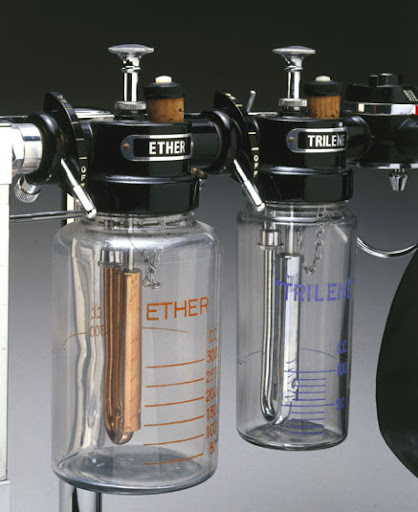A few months ago, one of my private patients took a turn for the worse. She had had a minor procedure which had gone smoothly. Unfortunately, in the several hours after the operation she developed some bleeding under the wound. I was not notified.
I returned the next day to find a tennis-ball sized haematoma, five layers of gauze and combine reinforcement, and a drain bottle that had fallen out. Multiple entries were made in the notes of the increasing haematoma, but no attempt made to contact me.
The patient was, thankfully, not upset or distressed. She was in some discomfort and agreed with me that the safest thing to do would be to return to theatre to evacuate the haematoma later that day.
Unfortunately, my secretary spent the better half of the day trying to track down an anaesthetist without success. Such is life in the private sector. Most private hospitals do not have on-call rosters, because most surgeons have direct relationships with anaesthetists that they use regularly. Unfortunately, none of mine were available at short notice, and in this situation you have to scratch around for anyone who is available and willing to come in after hours for a half-hour operation that doesn't pay very well.
After making some more phone calls myself, I managed to find a friend of a friend of a friend who was available to come in for the case. It was a simple job. A light anaesthetic, a small cut. A gentle squeeze and a few spots of diathermy. A drain tube was repositioned and the wound closed with interrupted sutures. We were all in and out of there in under an hour. The anaesthetist was jovial and friendly, and genuinely helpful. He made a point to give me his business card so that I could "Call me anytime."

As I was writing up my notes, however, one of the anaesthetic nurses approached me. "Doctor, I'm not sure whether you know, but there's a reason Dr Anaesthetist is usually available for these cases. Apparently a few years ago he was involved when some Fentanyl went missing from the DD (Drugs of Dependency) cupboard."
It turns out that the rumour was widely known - over a period of several months, the drug cupboard counts were intermittently short one or two ampoules. Not on a regular or frequent basis, but allegedly usually after a list involving this anaesthetist. It was said that he had been questioned by administration but no action taken. Since then no more drug counts had been suspicious. But the implication was clear. The anaesthetist is, or was, a drug addict.
This was a terrible allegation against an anaesthetist. It was an unproven one. No charges were laid, no disciplinary action taken. Not enough evidence existed to involve the Medical Board. All that was left was circumstance, gossip, and rumour. And a reputation that was now shattered, a career decimated.
Apparently work dried up. Lists were dropped. Phones stopped ringing. In response, this anaesthetist was forced to scrounge around for work. He had no public appointments to fall back on. He had no ICU experience to rely on. He put his name down at every private hospital in town for emergency anaesthetic work. He never said no to a case. But he had no regular lists.
I struggled with the thought of whether I should use him in the future. He seemed nice. He was competent (albeit anyone can be competent when the job is simple). The allegations were just talk and innuendo. But if they were true, how could I entrust my patients to his care? If they were false, how dare I prejudice someone based on rumour?
I never used his services again. I tell myself that it was not because of what was said - I have my regular anaesthetists, and a situation like that has not arisen since. But I feel terrible. His business card still sits in my desk drawer. I always think whether he is surviving. Occasionally we hear about an anaesthetist overdosing - I always wonder whether it is him. I have done nothing, and yet I feel guilty. That has been my secret.






